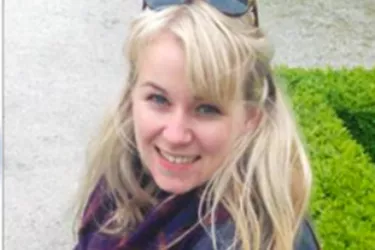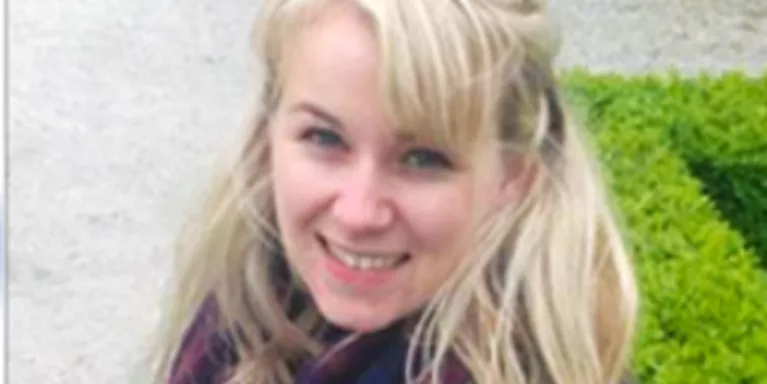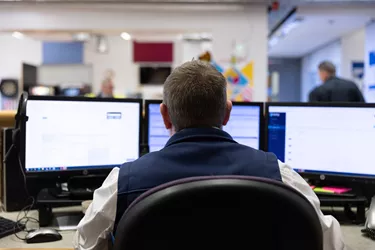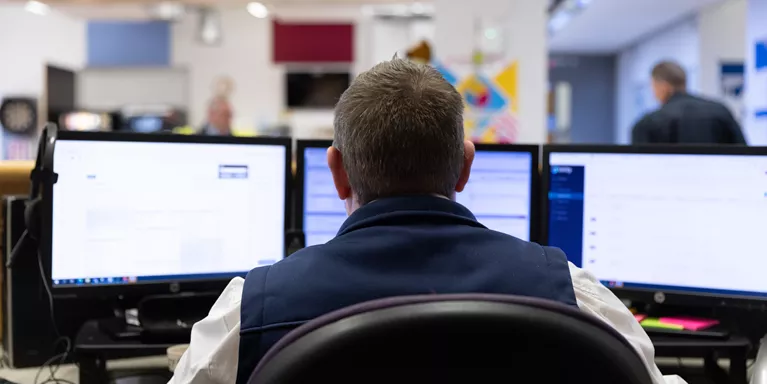Raising the bar for better mental health
On Wednesday we'll be going to parliament, bringing together our campaigners, local Minds and service users to meet with MPs and talk about what the future for mental health looks like. One of those campaigners is Nicole, who has blogged for us about why she's attending and what she wants to achieve.
Nicole (@Snafflepuss) is one of many Mind campaigners working with us to campaign for a better deal for people with mental health problems.
For as long as I can remember, accessing mental health services has been difficult and time-consuming, and the length and type of treatment has been inadequate. So, when I received an email from Mind inviting me to attend their event ‘Raising the bar’ in parliament on 13 September, almost without thinking I responded with an emphatic YES! It was only after I’d hit send that the panic set in “What have I let myself in for?” I wondered. But this is too big an opportunity to miss and I really hope that the event has a positive impact.
Since 2010, it seems all I’ve heard from the Government on mental health is empty promises. This year, Theresa May promised to make substantial changes in this area, including scrapping the 1983 Mental Health Act and commitments to tackle stigma.
But I’ve not seen any of this funding reach the frontline while harsh cuts are still being implemented. A massive 40 per cent of mental health trusts saw their budgets cut in 2015/16 and this year £800 million earmarked for mental health was distributed to other areas of the NHS. In Brighton and Hove in 2016 - where I live - just 1.14% of the public health budget was spent on mental health. It’s no wonder that services are being stretched and done away with altogether.
Why this matters to me
Each year one in four of us will experience a mental health problem. Indeed most people I know have experienced some level of mental health problem at one point or another. Something else that worryingly, connects us all, is our poor experience of mental health services.
I have a range of problems with my mental health and like many illnesses, some of these can never be cured, only managed. This means that while I don’t need support all the time, I might need it tomorrow or next week or next year, and when I do, I believe that services should be easy and free to access for everyone. While not all negative, my experience of public mental health services has sometimes caused even more damage at times when things are already bad. The system can be so hard to navigate and I believe that this is down to chronic under-funding and subsequently poor administration.
"I ended up somehow seeing the same therapist again and explained how the experience had set me back. She apologised and promised it wouldn’t happen again but incredibly, it did."
Five years ago, amid a really bad suicidal spell, I was detained by the police in lieu of any available emergency mental health services. I was led away from my flat in handcuffs, absolutely terrified, shocked and confused – I didn’t know what was going on and why I had been arrested for trying to harm myself. I was later seen by the crisis team and promised further treatment. I had a couple of sessions with a therapist and then nothing – no contact whatsoever. I was too deflated to do anything about it and so I just kind of drifted for a while.
Fast forward a couple of years and I’m back needing help again. I ended up somehow seeing the same therapist again and explained how the experience had set me back. She apologised and promised it wouldn’t happen again but incredibly, it did. Once again I found myself in a downward spiral and became completely disillusioned with the local wellbeing team. The worst thing of all is that compared to the experiences of other people I’ve spoken to this pales in comparison.
What am I hoping for?
At the heart of this is funding. In order to invest in prevention measures, train more mental health staff, improve services and reduce waiting times a substantially increased budget is essential.
1) Reduced waiting times
While it is fantastic that you can now access the Brighton and Hove Mental Health Rapid Response team 24/7, seven days a week, you shouldn’t have to be in crisis to get quick access to help.
According to the NHS Brighton and Hove Commissioning Group, in 2015/16 people spent an average of 39 days waiting for their first taking therapy treatment and one third of people were not seen within the waiting time standard (72% of people were seen within six weeks of referral from their GP). Seems long, doesn’t it? Well it’s worse now – a friend who recently tried to access talking therapy was told she faced a wait up to six months for face to face appointments and up to three months for the recently introduced telephone appointments. This will only get worse if something isn’t done about it.
2) Improved services
It should be easy to access talk therapy. There should be a choice between telephone, face to face and group therapies – not backed into a corner where they have to wait longer or are unable to make the choice themselves. A wider range of mental health services should be available, such as activities and education, for instance, those being trialled by the Skills Funding Agency. Nobody should be dropped out of the system – administration must be improved.
3) Reversal of proposed PIP changes
Many people, including me, rely on PIP. Under new proposals, over 160,000 people could be deprived of this vital benefit because many people who experience mobility issues due to mental health will no longer be eligible for the enhanced rate. This means that far from the Government’s promise to treat mental health with parity, thousands of people are at risk of becoming even more isolated.
This is why I'm attending 'Raising the bar' and will be inviting my MP, Dr Peter Kyle, to do the same. I'll also speak to my local Unite group to see how we can support Mind in this initiative. In the meantime, wish me luck!

See what we're campaigning on

Information and support
When you’re living with a mental health problem, or supporting someone who is, having access to the right information - about a condition, treatment options, or practical issues - is vital. Visit our information pages to find out more.
Share your story with others
Blogs and stories can show that people with mental health problems are cared about, understood and listened to. We can use it to challenge the status quo and change attitudes.

















